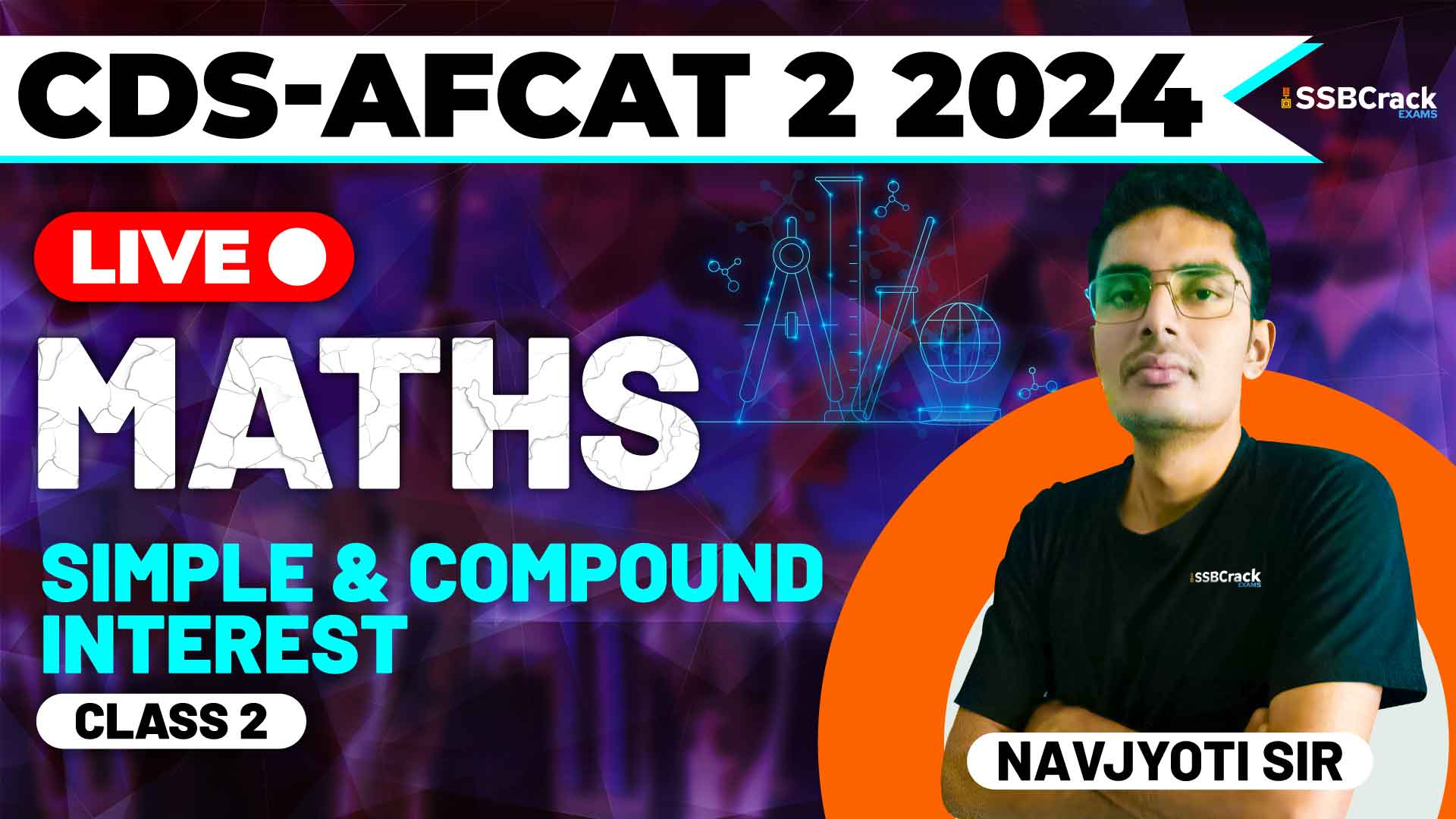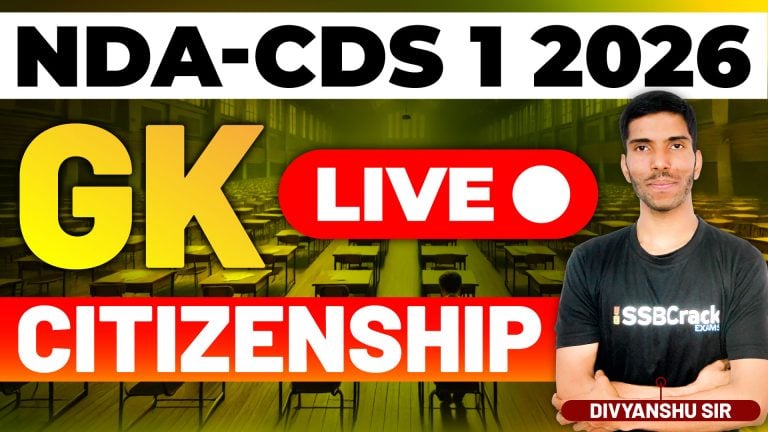Competitive exams like the Combined Defence Services (CDS) and Air Force Common Admission Test (AFCAT) demand a solid understanding of various mathematical concepts. Among these, Simple and Compound Interest hold significant weight. Recently, a class was dedicated to preparing students for these exams, focusing specifically on these topics through extensive practice of multiple-choice questions (MCQs). This article provides an overview of the class, highlighting key concepts, strategies for solving MCQs, and the importance of regular practice.
Introduction to Simple and Compound Interest
Interest calculations are fundamental in finance and mathematics, and understanding them is crucial for competitive exams. Simple and Compound Interest are two primary types of interest calculations that students must master.
Simple Interest
Simple Interest is calculated on the principal amount for a specific period at a given rate. It is straightforward and doesn’t involve compounding. Understanding this concept is essential for solving basic interest problems efficiently.
Compound Interest
Compound Interest is calculated on the principal amount and the accumulated interest from previous periods. This means that interest is calculated on both the initial principal and the interest that has been added over time, leading to exponential growth.
Importance of Practicing MCQs
The class highlighted the significance of practicing MCQs to master the concepts of Simple and Compound Interest. Solving MCQs helps in:
- Reinforcing Concepts: Regular practice ensures a strong grasp of fundamental concepts.
- Improving Speed and Accuracy: Time-bound practice helps improve problem-solving speed and accuracy.
- Exposure to Different Question Types: Practicing various MCQs exposes students to different types of questions that can appear in exams.
- Identifying Weak Areas: Solving a range of problems helps identify and focus on areas where students need improvement.
Strategies for Solving Interest Problems
To excel in solving Simple and Compound Interest problems, adopt these effective strategies:
- Understand the Problem: Carefully read the question to determine whether it involves Simple or Compound Interest.
- Identify Key Variables: Note the principal amount, rate of interest, time period, and compounding frequency.
- Apply the Right Approach: Use the appropriate method based on the type of interest and the compounding frequency.
- Check Units and Consistency: Ensure all values are in consistent units (e.g., annual rates with annual periods).
- Practice Regularly: Regular practice of different types of problems will help reinforce these concepts and improve problem-solving speed and accuracy.
Conclusion
Mastering Simple and Compound Interest concepts is essential for success in the CDS and AFCAT exams. By understanding the fundamentals, practicing regularly, and applying strategic approaches to problem-solving, students can enhance their proficiency in this area.
The class dedicated to these topics emphasized the importance of understanding basic concepts, accurately applying formulas, and regularly practicing different types of problems. By following these guidelines and continually engaging with the material, students can build a strong foundation in Simple and Compound Interest.
Through consistent practice, strategic problem-solving, and a clear understanding of core concepts, you will be well-prepared to excel in the Simple and Compound Interest section of the CDS and AFCAT exams. Stay focused, practice diligently, and approach each problem with a clear and analytical mind. Good luck!








